Filter by
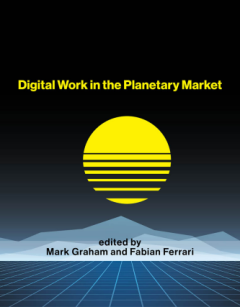
Digital work in the planetary market
Understanding the embedded and disembedded, material and immaterial, territorialized and deterritorialized natures of digital work. Many jobs today can be done from anywhere. Digital technology and widespread internet connectivity allow almost anyone, anywhere, to connect to anyone else to communicate and exchange files, data, video, and audio. In other words, work can be deterritorialized at a…
- Edition
- -
- ISBN/ISSN
- 9780262543767
- Collation
- viii, 356p. : ill
- Series Title
- -
- Call Number
- 306.36 DIG d
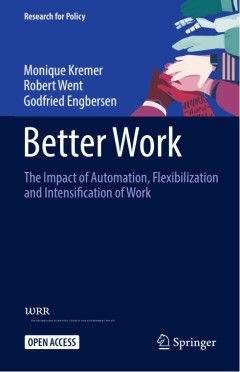
Better work : the impact of automation, flexibilization and intensification o…
This is an Open Access book. How can we make work better? It is an important question, one that the Dutch government, employers’ organizations and trade unions have been grappling with. People work to make money. But work also inspires self-respect, shapes our identity and gives us a sense of belonging – especially when the work we do is good. Good work is essential to prosperity in the bro…
- Edition
- -
- ISBN/ISSN
- 9783030786823
- Collation
- x, 204p. : ill.
- Series Title
- -
- Call Number
- 331 KRE b
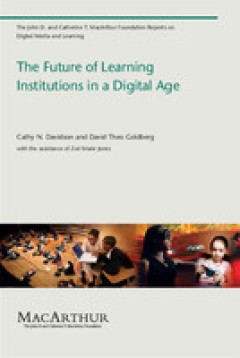
The future of learning institutions in a digital age
This John D. and Catherine T. MacArthur Foundation Report is a redaction of the argument in our book-in-progress, currently titled The Future of Thinking: Learning Institutions in a Digital Age. That book, to be published in 2010, is merely the concrete (paper and online) manifestation and culmination of a long, complex process that brought together dozens of collaborators, face to face and vir…
- Edition
- -
- ISBN/ISSN
- 9780262513593
- Collation
- xi, 67 p.; ill
- Series Title
- -
- Call Number
- 371.3344678 THE t
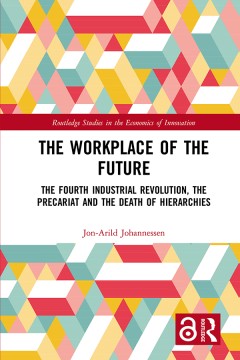
The workplace of the future : the fourth industrial revolution, the precariat…
The Fourth Industrial Revolution is a global development that shows no signs of slowing down. In his book, The Workplace of the Future: The Fourth Industrial Revolution, the Precariat and the Death of Hierarchies, Jon-Arild Johannessen sets a chilling vision of how robots and artificial intelligence will completely disrupt and transform working life. The author contests that once the dust ha…
- Edition
- -
- ISBN/ISSN
- 9780429441219
- Collation
- vii, 121p. : ill.
- Series Title
- -
- Call Number
- 331.20112 JOH w
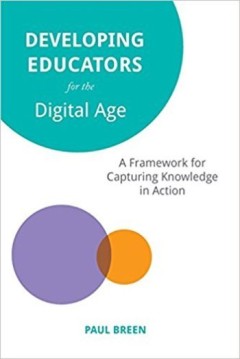
Developing educators for the digital age : a framework for capturing knowledg…
"Evaluating skills and knowledge capture lies at the cutting edge of contemporary higher education where there is a drive towards increasing evaluation of classroom performance and use of digital technologies in pedagogy. Developing Educators for the Digital Age is a book that provides a narrative account of teacher development geared towards the further usage of technologies (including iPads, …
- Edition
- -
- ISBN/ISSN
- 9781911534679
- Collation
- vii, 210p. : ill.
- Series Title
- -
- Call Number
- 371.3344678 BRE d
 Computer Science, Information & General Works
Computer Science, Information & General Works  Philosophy & Psychology
Philosophy & Psychology  Religion
Religion  Social Sciences
Social Sciences  Language
Language  Pure Science
Pure Science  Applied Sciences
Applied Sciences  Art & Recreation
Art & Recreation  Literature
Literature  History & Geography
History & Geography